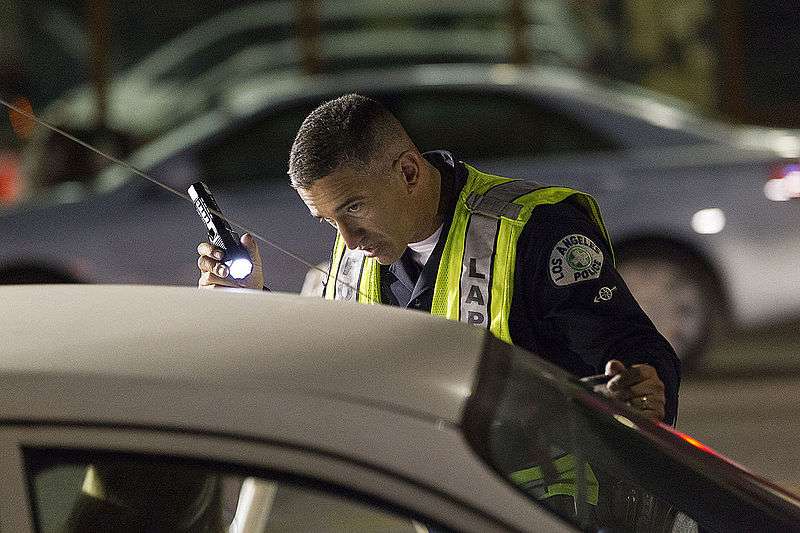Police Should Need a Warrant to Pull Evidence From Your Body
Three DUI cases give SCOTUS a chance to clarify the constitutional requirements for drug and alcohol testing.

Last Friday the Supreme Court agreed to consider whether criminal penalties for drivers who balk at warrantless blood or breath tests violate the Fourth Amendment. In my latest Forbes column, I argue that such tests are unreasonable searches:
Danny Birchfield drove his car into a ditch. Steve Beylund "nearly hit a stop sign while making a right hand turn into a driveway." William Bernard got his truck stuck in the river while trying to extract his boat. In his underwear.
These embarrassing incidents—the first two of which happened in North Dakota, the third in Minnesota—may not sound like the stuff of an inspiring legal battle. But all three cases, which the U.S. Supreme Court recently agreed to hear together, pose an important question about the balance between public safety and the Fourth Amendment's ban on "unreasonable searches and seizures": Under what circumstances may the state delve into a person's body, looking for evidence to use against him?


Show Comments (19)